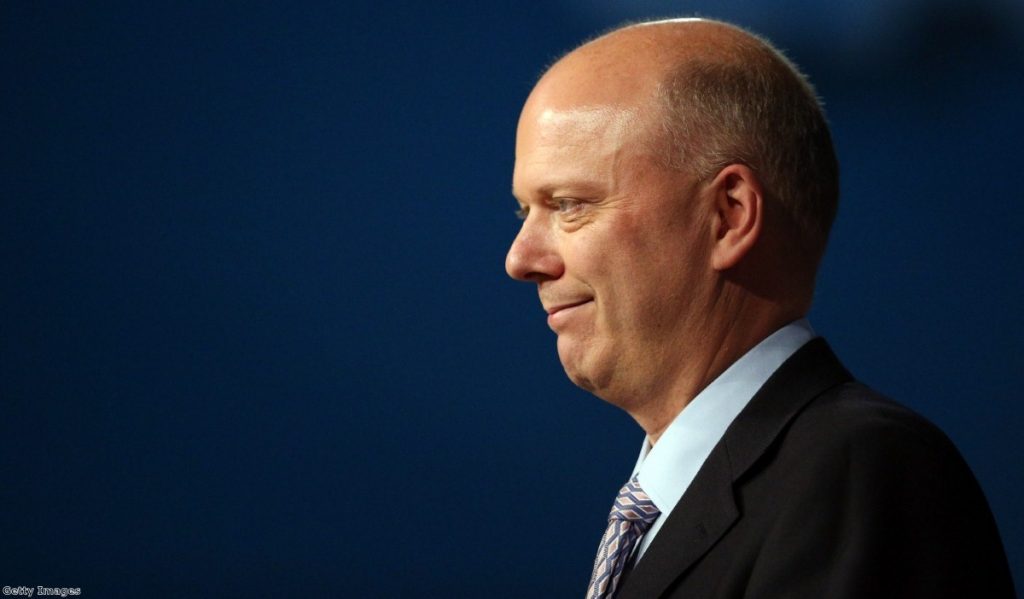Grayling’s nadir? Judicial review bill falls apart as minister admits he misled Commons
Chris Grayling's plans to dismantle judicial review were left in tatters yesterday after a letter emerged showing he misled the Commons over the reforms just as the same measure was being debated in the Lords.
The extraordinary scenes led the Lords to once again vote against the government, triggering a period of 'ping pong' between the chambers.
The letter from Grayling to Tory MP Geoffrey Cox, who voted against the government when the measures were debated last week, saw the justice secretary admit he got a fundamental aspect of his reforms wrong.
He wrote:


"I inadvertently suggested to you that clause 64 contains a provision for the court to grant permission to proceed with a judicial review where conduct is highly likely to have not made a difference if it considered there were exceptional circumstances to do so. I would like to take this opportunity to clarify that that is not the case. No such exceptional circumstances provision exists in the clause."
The admission is remarkable because it goes to the heart of the judicial review reforms. The entire function of the reform package is to remove judicial discretion from cases and increase control from Whitehall. Grayling's error suggests that he either knowingly lied in order to try to get his bill past the Commons or that he fundamentally misunderstood the function of his own legislation.
Chris Grayling to Geoffrey Cox MP 4 Dec
Shadow justice minister Andy Slaughter, who led the debate against Grayling last week, told Politics.co.uk:
"This highly embarrassing admission from Chris Grayling shows that after nearly a year of debating this bill he fails to understand its basic principles. Nick Clegg's loyalty to his Tory masters is touching but is now once again exposed as misguided and ill-judged."
The letter emerged just as the Lords were considering the same measures in response to the Commons vote to reject their amendments. It is extremely rare for a bill to fall apart so dramatically during a parliamentary debate because of the incompetence of the minister presiding over it.
Justice minister Lord Faulks valiantly tried to salvage the debate for the government, telling peers the admission was "clearly regrettable", but it was difficult for him to make the case for the reforms once it became clear the Commons had voted on the basis of false information.
Two votes – on likelihood of different outcome and discretion on costs – went against the government, as crossbench peer Lord Pannick's motions were passed one after another. A third Pannick motion, on discretion on interveners costs, was won by the government.
Pannick said:
"The lord chancellor misled the other place on the very issue that is at the heart of this amendment. He wrongly suggested that there is an exceptional circumstances provision in this clause which confers discretion on the judge.
"That alone is reason enough for this house to invite the other place to think again, and to do so on the basis of an accurate statement by the responsible government minister as to the terms and effect of the clause that he was putting before the House of Commons."









